The Brain Isn’t as Adaptable as Some Neuroscientists Claim. The idea of treating neurological disorders by marshaling vast unused neural reserves is more wishful thinking than reality.
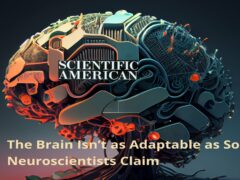

The Brain Isn’t as Adaptable as Some Neuroscientists Claim. The idea of treating neurological disorders by marshaling vast unused neural reserves is more wishful thinking than reality.
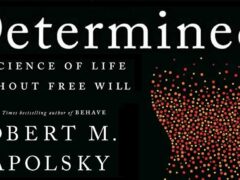
Stanford University professor Robert Sapolsky just released a new book called: Determined A Science of Life Without Free Will How could a field-leading behavioral neuroscientist claim we have no free will? He’s not being tricky. He has scientifically arrived at the conclusion that what we commonly call free will is an illusion. You can get […]
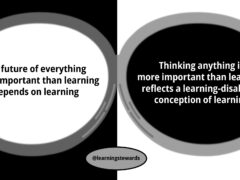
In a recent poll, I asked: “Within their possible agency, what’s more important to children’s futures than how well they can learn?” I gave two quick-choice responses and invited comments: 1 – Some things are more important 2 – Nothing is more important Between LinkedIn and Facebook, the poll received around 10,000 impressions, but only […]
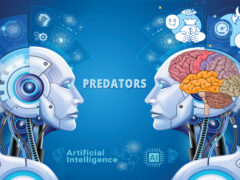
It’s not sentient terminator or big brother AI. It’s AI used like a superweapon by political and corporate predators.
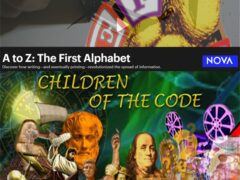
RECOMMENDATION: Watch it: PBS Nova: At to Z: The First Alphabet (released 9/23/20) This beautifully well done @PBS @Nova documentary, A to Z: The First Alphabet, outlines how writing developed from pictographs to rebuses to hieroglyphs to the alphabet. It parallels and improves on aspects of our video the “Alphabet’s Big Bang” (the second segment […]
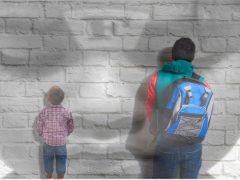
Note: See Demo at bottom of page Convergence Point 1 – Decades of social and economic research, beginning with the Coleman Report and since including Heckman, (Nobel Prize winner) Rolnick (Ex. V.P. of the FED), Hanushek (Hoover Institute) and many others, and decades of developmental neuroscience research, most notably as compiled by Harvard’s Jack Shonkoff, have converged and coalesced into […]
Kids in the future will not be ‘taught’ to read. Every interaction with every word on every device will support them learning to read on their own. We only sense now. We only feel now. We only think now. We only learn now. We are naturally ‘wired’ to learn from what is happening on the living edge of now. Humans learn best […]
What we call their improficiencies are ours. Proficiency stats are mirrors that say more about our proficiency in stewarding their learning than they say about their capacity for learning.
“THE BRAIN’S CHALLENGE” is the centerpiece of the Children of the Code project and illustrates the main challenge underlying learning to read difficulties in the English language.
What and how students learn can have toxic effects on how well they learn thereafter. It’s vitally important that educators understand this.
